China has a long history of ancient times. There are many emperors in history. These 10 emperors are recognized as outstanding and the greatest emperors.The Top 10 Greatest Emperors In Ancient China are:
1.The First Emperor:Ying Zheng(Qin Shi Huang) 秦始皇嬴政(259BC-210BC)
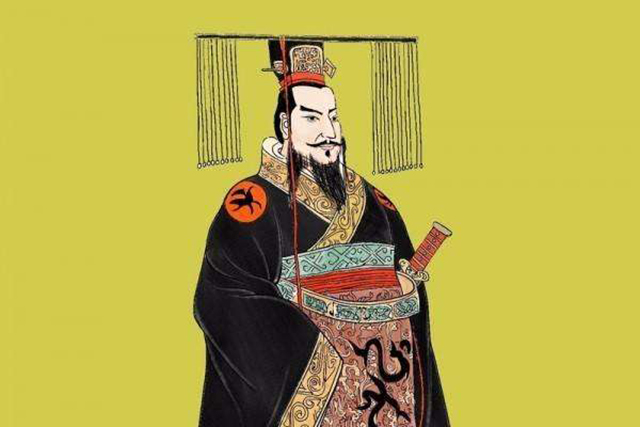
The first iron politician who completed the Huaxia Grand Unified was the first feudal dynasty monarch to be the emperor in ancient and modern China and abroad. Emperor Qin Shihuang established the emperor system in the central government, implemented the three public and nine Qing, and managed the national affairs. The local abolition of the sub-sealing system, on behalf of the county system, while the same text, the same track, unified weights and measures. The north of the Xiongnu was attacked by the north, the Baiyue of the South was levied, and the Great Wall was built. Pushing China to the era of the Great Unification and opening up a new situation for the establishment of an authoritarian centralization system has had a profound impact on China and the history of the world.
2.Emperor Gao Zu of Han dynasty:Liu Bang 汉高祖刘邦(256BC-195BC)
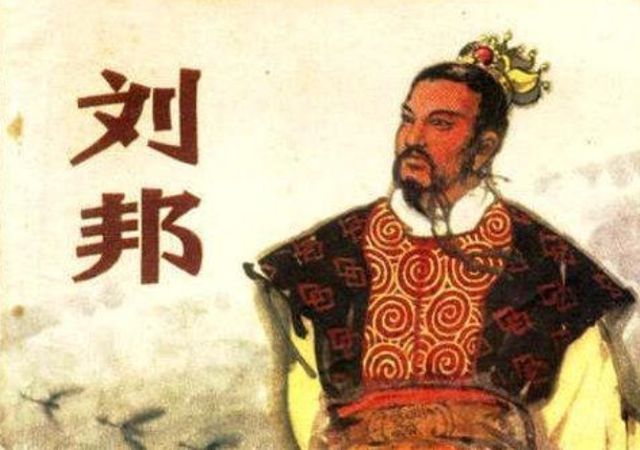
One of the great pioneers of the Han and Han cultures, outstanding politicians, outstanding strategists and conductors in Chinese history. He has made outstanding contributions to the development of the Han nationality and the unification of China. After enthroning, he eliminated Han Xin, Peng Yue, Ying Bu, Yu and other princes and princes, and split the land to seal nine princes with the same surname. On the other hand, the establishment of the system and the adoption of a relaxed policy of rest and relaxation to govern the world, allowing soldiers to demobilize and return home, exempting them from servitude, strengthening agriculture and business, restoring a broken social economy, and stabilizing the order of feudal rule. Not only has it calmed the people, but it has also contributed to the generous cultural foundation of the Han Dynasty.
3.Emperor Guang Wu of Han dynasty:Liu Xiu 汉光武帝刘秀(5BC-57BC)
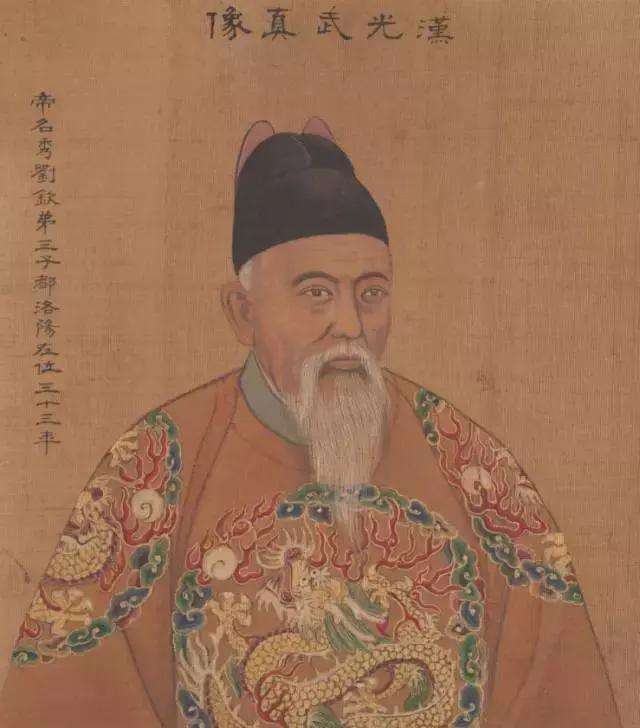
The founding emperor of the Eastern Han Dynasty, a famous politician and military strategist in Chinese history. At the end of the new year, Liu Xiu started his army in his hometown. In the 25th year of the AD, Liu Xiu and the regime of the beginning of the Qing Dynasty broke open. In the Weinan Qianqiu Pavilion in Hebei Province, he became the emperor. In order to re-emerge with Liu, he still used “Han” as his country name and his history as “East Han”. After a 12-year unified war, it ended the war-torn and separatist situation of warlords for nearly two decades since the end of the new dynasty. In the thirty-three years of Liu Xiu’s reign, Da Xing Confucianism and respect for the Qi Festival, the Eastern Han Dynasty was also praised by later historians as the era of “the most beautiful weather and the most prosperous Confucianism” in Chinese history.
4.Emperor Wen of Sui dynasty:Yang Jian 隋文帝杨坚(541-604)
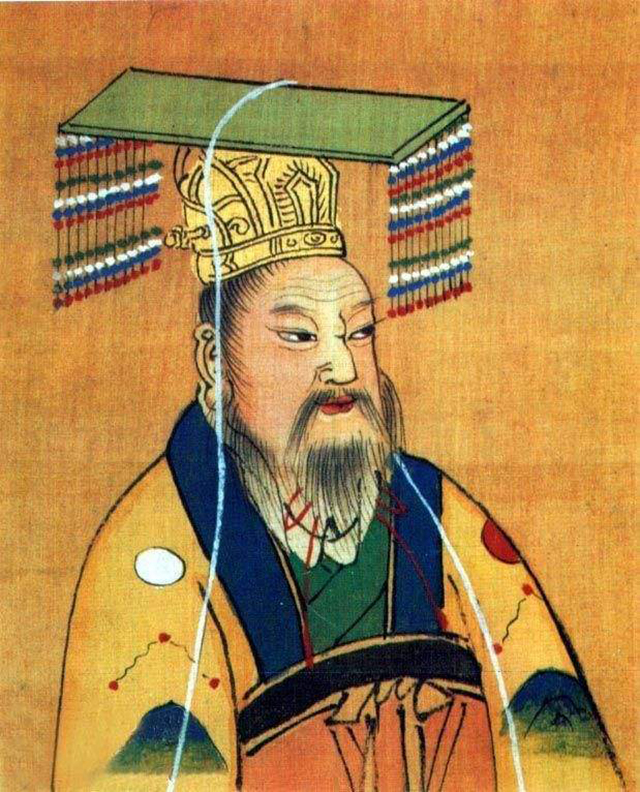
After Yang Jian took power, he resumed the Han surname “Yang”, and let the Han people who changed their surnames in Yu Wentai’s Xianbei policy resumed the Han surname. During the reign of Yang Jian, he defeated Chen Guo in the military and succeeded in unifying China, which had been severely divided for hundreds of years, breaking the abruptness and being honored as “sacred Khan”. In the internal affairs, creating an advanced system of selecting officials and developing a cultural economy, Make China a prosperous country. During the Kaihuang Period, the territory of the Sui Dynasty was vast and its population reached more than 7 million. It is a glorious period of Chinese farming civilization.
5.Emperor Taizong of Tang dynasty:Li Shimin 唐太宗李世民(598-649)
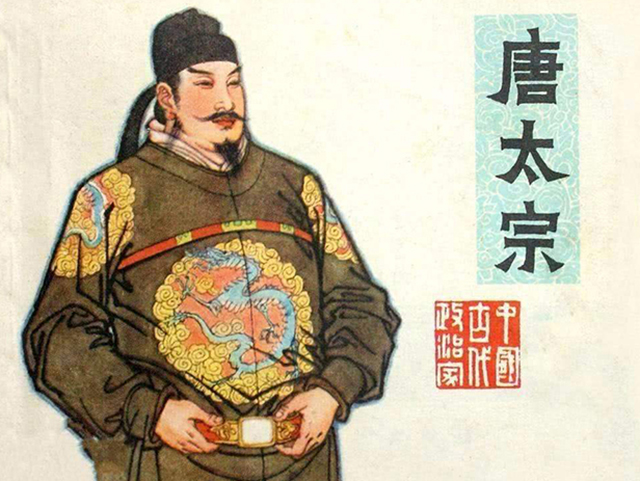
After Li Shimin was the emperor, he actively listened to the opinions of the ministers. He ruled the world with the wisdom of the world, shunned the economy, persuaded the farmers, and enabled the people to recuperate, and the country and the people, and created the famous rule of the Chinese people. Extending the territory to the east, attacking the East Turkistan and Xue Yantuo, conquering Gaochang, Kucha, Tuyuhun, hitting Goguryeo, setting up four towns in Anxi, and the various ethnic groups lived in harmony, and were called Tianke Khan by the people of all ethnic groups. Years of prosperity have laid an important foundation.
6.Emperor Taizu of Song dynasty:Zhao Kuangyin 宋太祖赵匡胤(927-976)
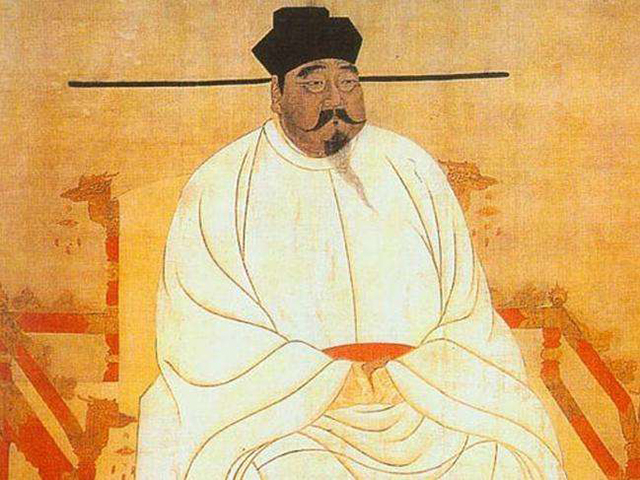
During his reign, Zhao Kuangyin was committed to unifying the country. According to Prime Minister Zhao Pu’s “First South and North” strategy, Jingnan, Wuping, Houyi, Nanhan and Nantang successively ruled the regime, and when his brother Song Taizong Zhao Guangyi was in office, he revived Wu Yue and Yan Quan. After the Northern Han Dynasty, it was only after the completion of the national great cause. In the second year of Zhao Jianlong’s two years (961) and the second year of Kaibao (969 years), he successively issued the right to release the right to stop the military generals and the local military towns, and solved the local festivals since the middle of the Tang Dynasty. Good situation.
7.Emperor Taizu of Yuan dynasty:Tie Muzhen 元太祖铁木真(1162-1227)
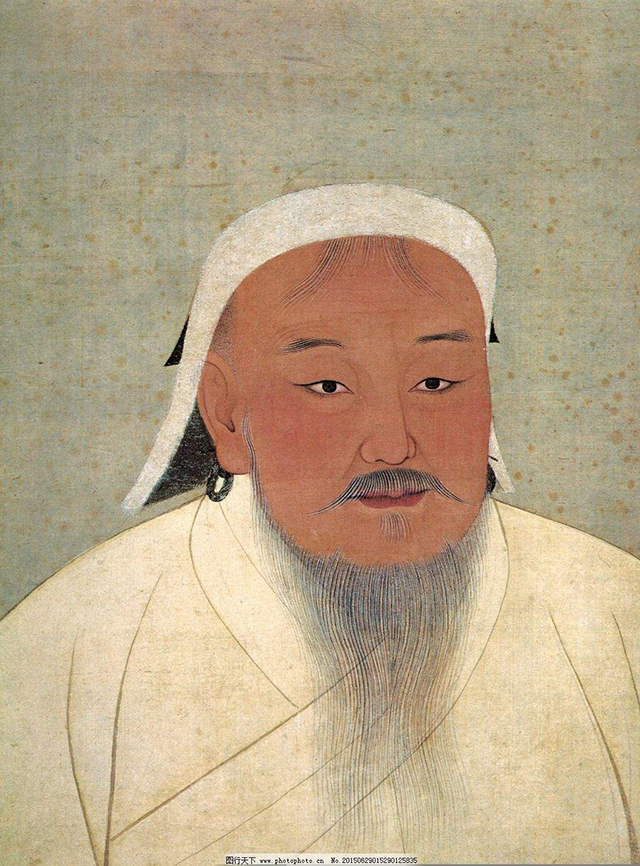
The Mongolian Empire Khan, honored by “Ghinggis Khan” (Ghinggis Khan), means “the chief of the ocean with the four sides.” An outstanding politician and strategist in the history of the world. In 1162 (Song Gaozong Shaoxing thirty-two years, Jin Shizong Dading two years) was born in the upper reaches of the Weibei River in the Mobei grassland (now Kent Province, Mongolia), named Tiemuzhen. In the spring of 1206, the Great Mongolia was established. Since then, the war has been launched many times to conquer the black seashore in the region of Central Asia and Eastern Europe. Yuan Shizu Kublai Khan pursued Genghis Khan as the Emperor of the Holy Spirit.
8.Hongwu Emperor of Ming dynasty:Zhu Yuanzhang 洪武帝朱元璋(1328-1398)
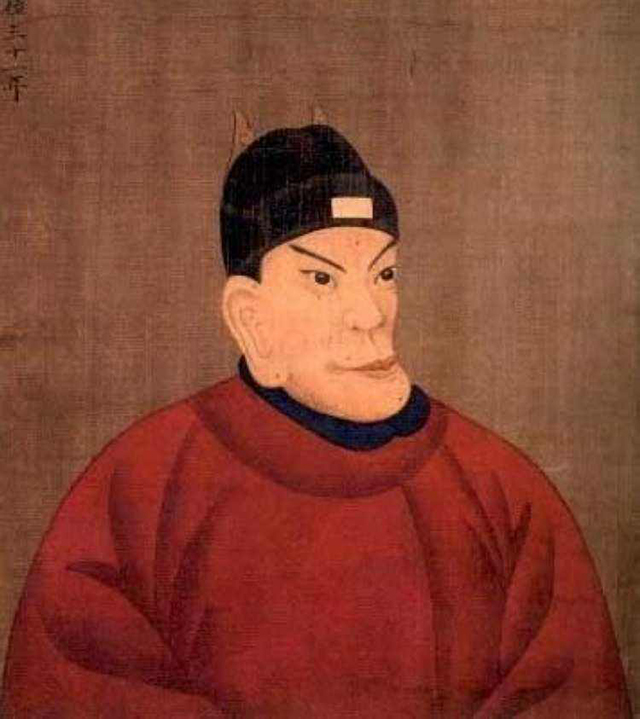
The leader of the peasant uprising army at the end of the Yuan Dynasty, the founding emperor of the Ming Dynasty (reigned from 1368 to 1398), known as Ming Taizu, an outstanding military strategist and commander. During the reign of Zhu Yuanzhang, he ordered the peasants to return to farming and rewarded the land reclamation; engaged in immigration to the fields and military squads; organized farmers to build water conservancy projects; vigorously promoted the cultivation of economic crops and fruit and wood crops such as mulberry, hemp, cotton, and also enriched the people; Liberation of slaves; reduction of tax burden, severe punishment of corrupt officials; sending people to the whole country to measure land, check accounts and so on. After the efforts of the Hongwu period, social production gradually recovered and developed, and the history was called the rule of Hongwu.
9.Emperor Kangxi of Qing dynasty 清世祖康熙(1654-1722)
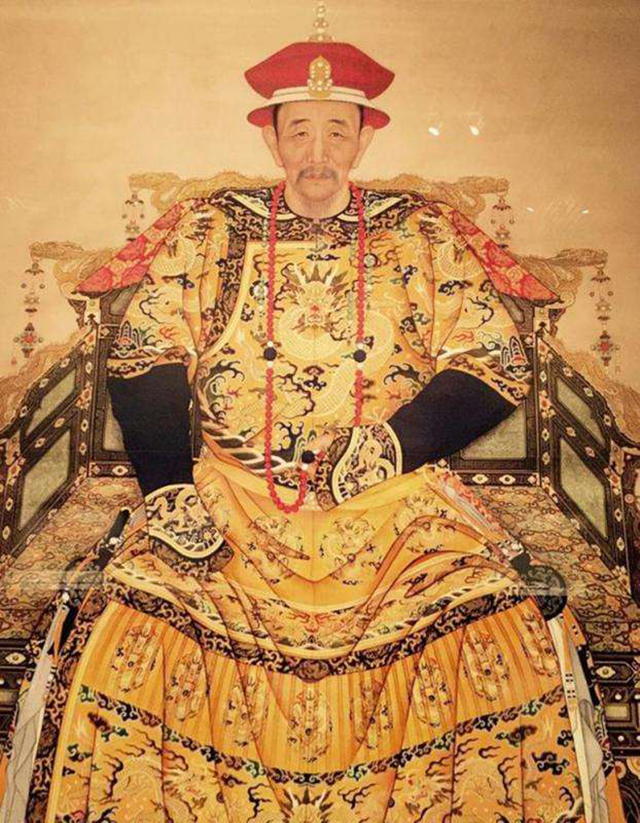
During the reign of Emperor Kangxi,he arrested Ao Bai,Suppression three kings, Abdomen Taiwan in the south,rejected Russia in the north,set up the Treaty of Nibuchu, levied Mongolia in the west,built water conservancy,governed the Yellow River, encouraged the reclamation,thin tax,love the people like his child, created a famous historical and prosperous Kangqian, and created another golden age of the Chinese Empire.
10.Emperor Renzong of Song dynasty:Zhao Zhen 宋仁宗赵祯(1010-1063)
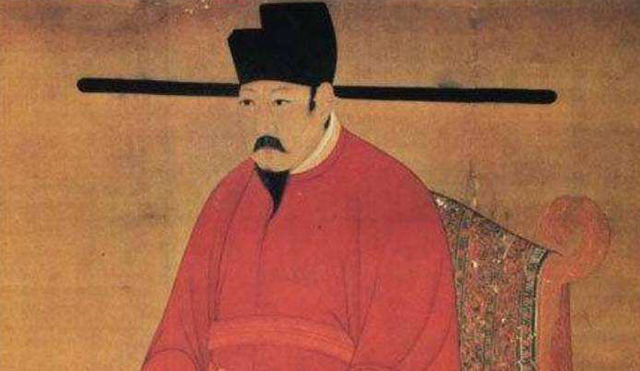
The Song Dynasty was the second period of openness and tolerance in Chinese history since the Spring and Autumn Period and the Warring States Period. The root of it is the tolerance of the Emperor Zhao KuangYin(Taizu Emperor). After Song Renzong Zhao Yi took the throne, he promoted this tradition to the maximum. The laws of the Song Dynasty stipulated that the minister could not be whipped in the court. It is not allowed to insult the public. In addition to rebellion and rebellion, the minister must not kill. A system of commanders has also been established. Since then, the Song Dynasty has become the second period of academic freedom since the Spring and Autumn Period in Chinese history. The Emperor of the Song Dynasty disagreed with his subordinates, or allowed him to be eunuch or dismissed, and never killed or persecuted. The Song Dynasty did not literate the prison, and it was more tolerant to the readers. Therefore, many outstanding poets and poets have been created, and the poems of resentment and madness that have been circulated through the ages have been written.
[…] after the death of the emperor, there was a saying that “mortuary for three days”. Then, the ancient emperors could not be buried immediately when they died, so how was the anticorrosion done? The following […]